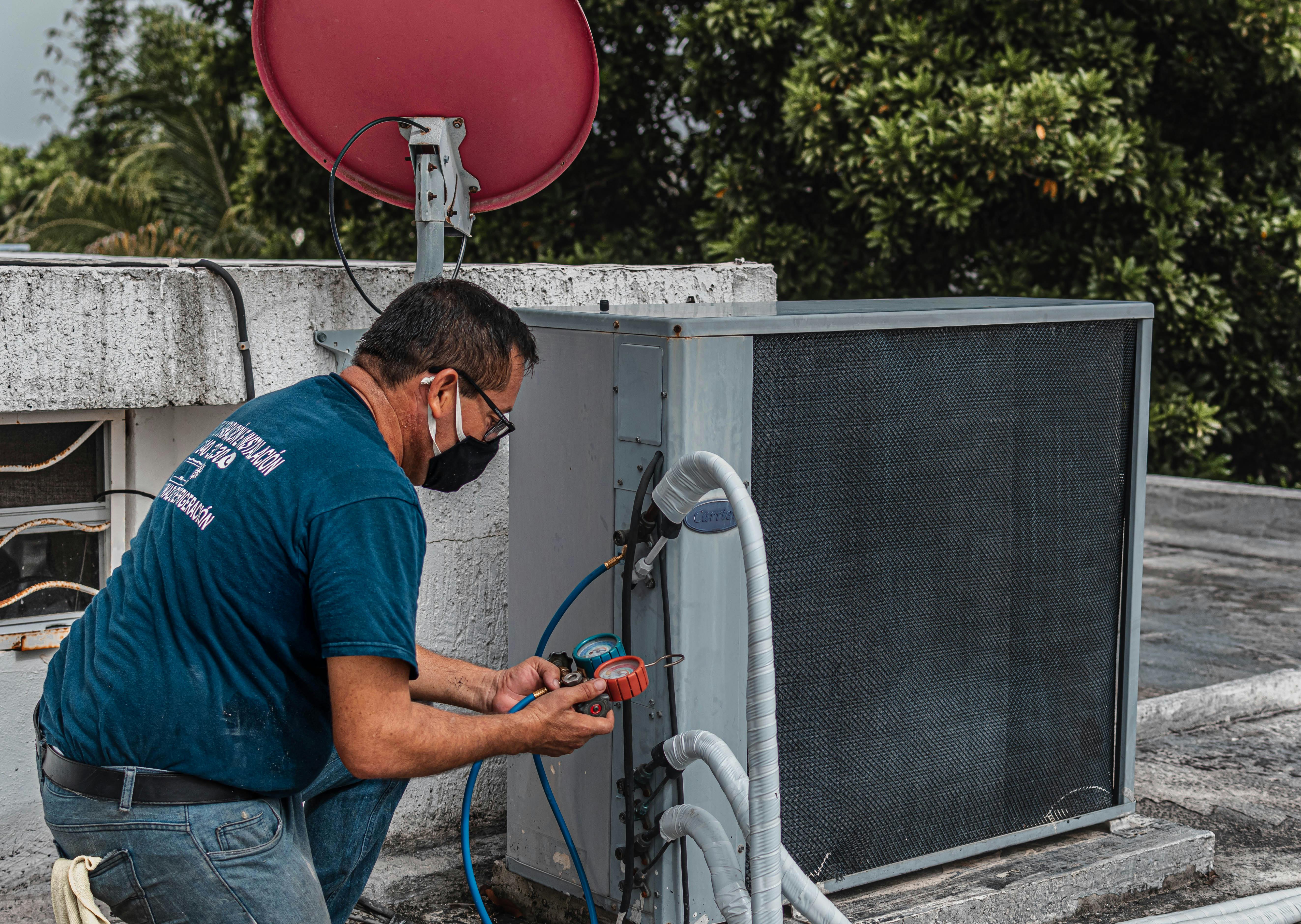
Visit Our Homepage | Book Online | Learn More About Us
Humidity control is a critical factor in maintaining both your home’s comfort and the efficiency of your HVAC system. Too much humidity can make your home feel stuffy, promote mold growth, and overwork your cooling system. Conversely, too little humidity can lead to dry air, skin irritation, and damage to wooden furniture or floors. In this article, we’ll discuss why indoor humidity control is essential and how it directly affects your HVAC system.
The Impact of Humidity on Home Comfort
Indoor humidity levels play a significant role in how comfortable your home feels. In the summer, high humidity levels make the air feel warmer than it actually is, causing your air conditioner to work harder to cool the space. This leads to increased energy consumption and higher utility bills. Maintaining proper humidity levels can enhance comfort while reducing your HVAC system’s workload.
How HVAC Systems Manage Humidity
Modern HVAC systems often come equipped with humidity controls or can be paired with whole-home dehumidifiers or humidifiers to keep moisture levels balanced. Air conditioners naturally remove some humidity by condensing moisture as air passes through the cooling coils. However, they aren’t designed to control humidity fully, especially in areas with high moisture levels.
If your home consistently has high humidity, a dehumidifier can significantly reduce the strain on your AC, leading to a longer system lifespan and lower energy bills. To learn more about our services, book an appointment online today.
Signs of Poor Humidity Control
Several signs indicate your home may have poor humidity control:
- Mold or mildew growth: Excessive moisture promotes the growth of mold, which can damage your home and pose health risks.
- Condensation on windows: If you see condensation on your windows, it’s a sign that the indoor humidity is too high.
- Dry, cracking wood furniture or floors: When the air is too dry, wooden items in your home may crack or warp over time.
Solutions for Maintaining Optimal Humidity Levels
Maintaining optimal indoor humidity levels, typically between 30% and 50%, is essential for home comfort and HVAC efficiency. You can achieve this with:
- Dehumidifiers: To remove excess moisture during humid summer months.
- Humidifiers: To add moisture to dry air during the winter months.
- Proper insulation: Well-insulated homes help maintain indoor temperature and humidity levels.
Learn more about us and how we can help you maintain a comfortable living environment by visiting our About Us page.
The Bottom Line
Indoor humidity control is essential for maximizing your HVAC system’s performance and maintaining a comfortable living environment. By managing moisture levels in your home, you can prevent damage, reduce energy bills, and improve overall comfort.
